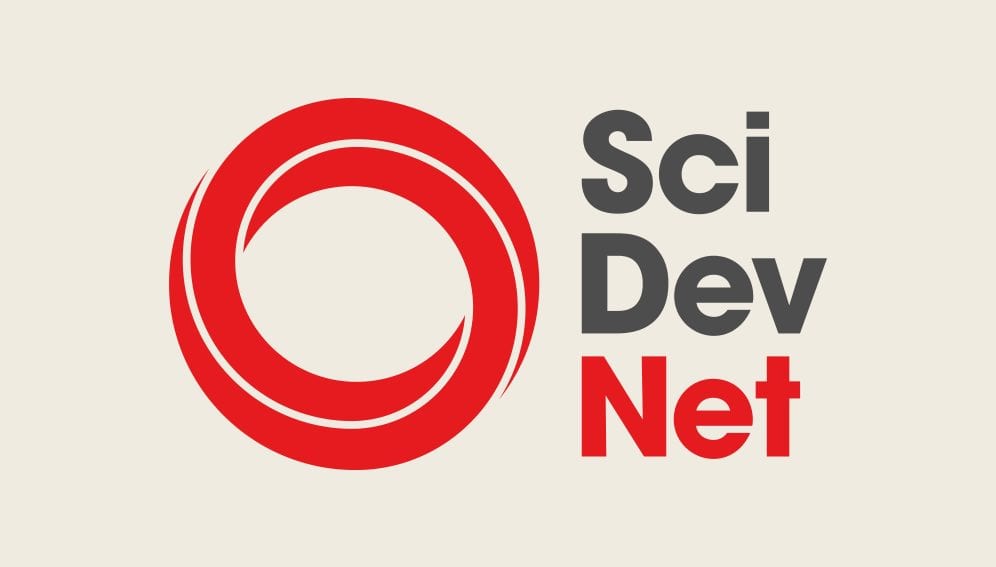By: Lemuel V. Cacho
Send to a friend
The details you provide on this page will not be used to send unsolicited email, and will not be sold to a 3rd party. See privacy policy.
When funders focus on market-driven and applied science they hinder basic scientific enquiry in developing countries, says Lemuel V. Cacho.
In countries like the Philippines, funding for basic research (research for knowledge’s sake) has largely been supplanted by donor-driven applied research. Funding agencies — public, private and international — tend to have limited definitions of success, asking for example whether the resulting technology will be socially useful or commercially viable.
Because they want to stay involved with better-funded projects, developing country scientists are increasingly modifying their research agendas. Even in the leading research universities, scientists are engaging more and more in market-oriented research, where their outputs are expected to address commercial needs.
According to a former research director of one of the Philippines’ leading private research universities, government funding for basic research is seldom available. “Most of the projects funded by the Department of Science and Technology (DOST) are focused on impact-oriented research. This is understandable considering the need to be cautious about how money is spent. In other words, it has to be cost-effective — but maybe the balance has swung too far in one direction,” he said.
Basic research is important because it provides a space for local scientific discourse. It opens doors for local scientists to engage the international scientific community on current discussions, or those topics that interest them.
Rigid rules
National funding agencies’ bureaucratic requirements, particularly those of DOST, are also making it hard for scientists to access funding, and in many cases are putting them off even applying. These difficulties divert researchers’ energies into fulfilling administrative requirements, diminishing their creativity and undermining curiosity-based scientific inquiry.
The same is true for many internationally-funded projects. International funding agencies are very careful about releasing and monitoring grants. This conservative attitude can impose rigid administrative or scientific guidelines on developing country scientists.
Alvin Culaba, an engineering professor from the Philippines, says that “most funding agencies are not really flexible in terms of research they want to fund. For example, when you look at the United States Agency for International Development (USAID), the Japan International Cooperation Agency (JICA), and the European Union (EU), you find that they don’t have open grants and that they are theme-oriented. Donor agencies, beforehand, identify what they are prepared to fund.”
He also points out the demanding requirements that are sometimes made for local partner agencies, saying that “some international funding agencies require counterparts who are willing to [provide] funds. For example, if JICA doles out US$100 million, their institutional counterpart should shoulder US$30 million.”
The good news is that, faced with stringent donor rules and requirements, scientists have become more innovative. Culaba claims that scientists now try to “sell” the research they’re interested in to donors — “we rearrange or repackage research that interests us,” he says.
Restoring the balance
Is there a way of restoring the balance between the imperatives of basic research and the interests of efficiency and financial prudence?
As a first step, donors from developed countries and recipients from the developing world alike must strive to make research agendas more flexible. Luis Razon, a chemical engineering professor at De La Salle University, Manila, suggests that donors should make mid-course reviews or evaluations less rigid. The aims and predicted results of a research project may easily change over time, as data is gathered and analyses performed, he says, adding: “in this case, scientists must be allowed to re-propose and re-align their budget.”
Funding agencies should also, where possible, consider a two-pronged approach to funding where developing country recipients can apply for programmes designed to address social and commercial needs and programmes that explicitly support basic research. Donors should also help develop capacity for basic research by providing training and equipment to strengthen local scientific communities.
But the scientists must play their part too, by contributing to international scientific discourse. They must strive to publish in internationally-recognised publications so they stay ‘in the loop’ of scientific discussions. Funding is crucial but a lack of money should not prevent local scientists from conducting basic research and keeping abreast of developments within the scientific community. Scientists must produce results regardless of funding and build track records of strong research.
In the Phillipines, DOST’s Balik Scientist Programme is trying to support this by bringing foreign researchers in to the country to collaborate with Filipino scientists in order to produce scientific research on par with the rest of the world. But DOST is still lobbying for funds for this project and whether it will help Filipino scientists improve their research track record remains to be seen.
Finally, a monitoring and evaluation system is needed, perhaps benchmarked against international standards. Such a system could be implemented by an international or regional body of experts who are respected by the global scientific community and who could fairly evaluate the quality of research whether basic or applied. This will compel both scientists and governments to stay on their toes.
Lemuel V. Cacho is a lecturer in political science at De La Salle University in the Philippines.
More on Capacity building

Script media release
Journalists offered ‘big break’ mentoring opportunity from Radio Nigeria
03/04/19













